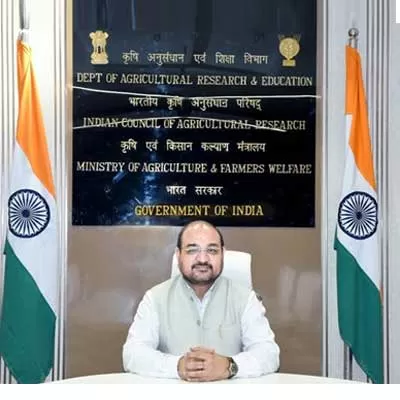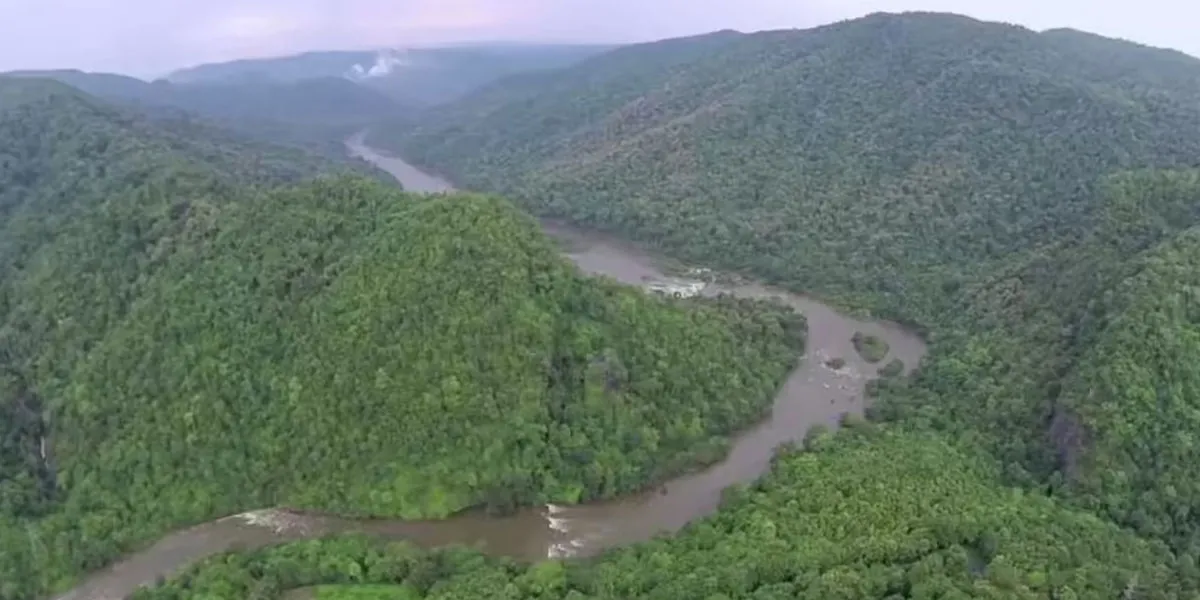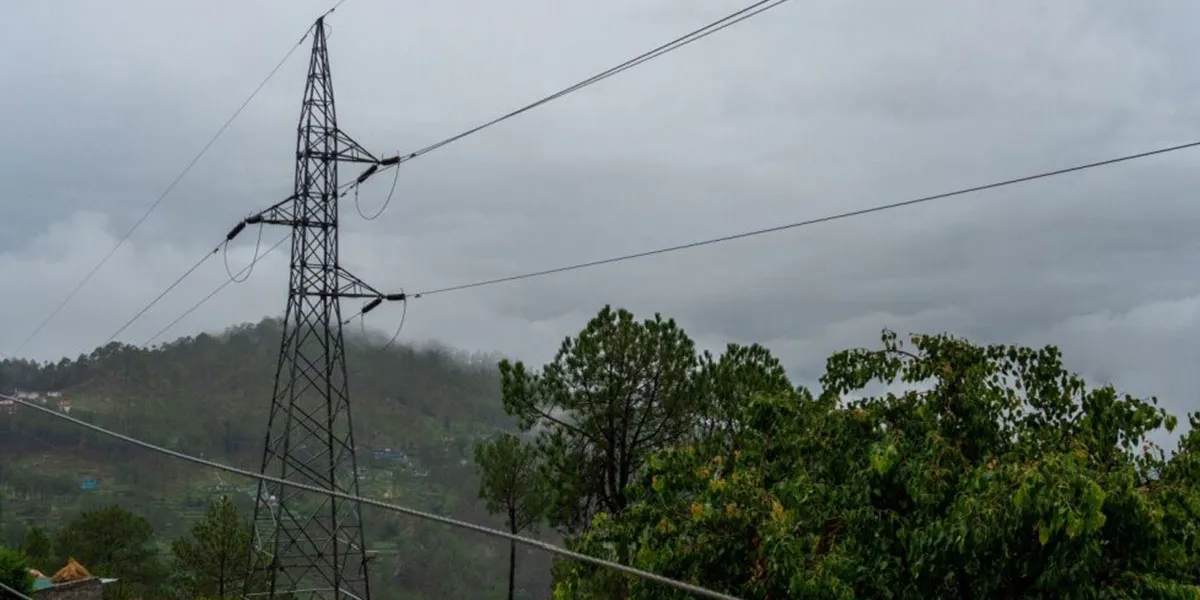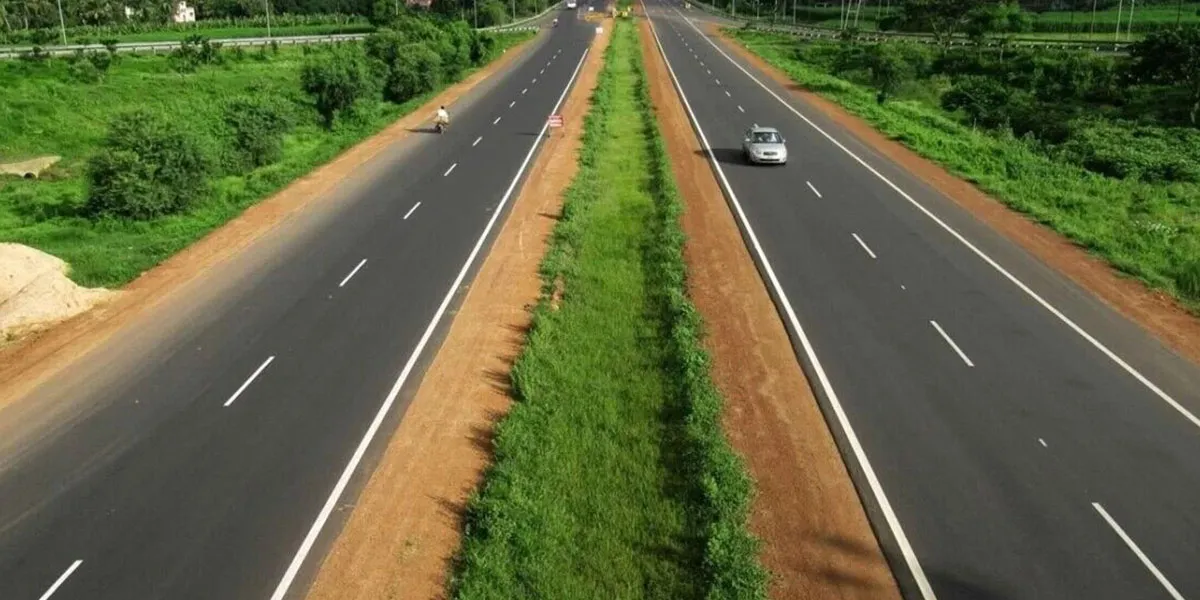
Dr Mangi Lal Jat Appointed as Secretary, DARE and DG, ICAR

Karnataka Clears Goa–Tamnar Line Despite Forest Impact
Karnataka has expedited approval for the contentious Goa–Tamnar power transmission project, clearing it only months after softening its stance and requesting a revised proposal from the implementing agency. The decision comes despite the project’s significant ecological risks to Mollem National Park, Bhagwan Mahavir Sanctuary and nearby villages, where large-scale forest diversion and fragmentation threaten sensitive Western Ghats ecosystems. The Karnataka Forest Department has now approved the updated proposal. The state government had earlier paused the project, linking the delay to Goa..

Tata Power Commissions Koteshwar–Rishikesh Line
Tata Power has announced the commissioning of the 400 kV Koteshwar–Rishikesh transmission line, a major upgrade that strengthens North India’s grid by enabling the evacuation of 1,000 MW of clean hydropower. The line will transfer renewable energy from the Tehri–Koteshwar generation complex in Uttarakhand to multiple northern states and Union Territories, according to the company. The new infrastructure will supply clean energy not only to Uttarakhand but also to Haryana, Punjab, Uttar Pradesh, Jammu & Kashmir, Himachal Pradesh, Chandigarh, Rajasthan and Delhi. This is expected to signi..

Telangana Outlines Major Rural Roads Push Under Vision 2047
The Telangana government has unveiled an ambitious rural mobility blueprint under its Telangana Rising 2047 vision, proposing two major road networks — the 770-kilometre Praja Valayam rural ring road and the 1,150-kilometre Telangana Maniharam corridor. Both corridors form part of a radio-centric grid designed to strengthen connectivity between rural communities, production centres, markets, and urban and semi-urban regions. Developed under the RARE (Rural Agriculture Region Economy) model, the blueprint envisions a comprehensive mobility ecosystem featuring a Regional Rapid Transit System,..

















